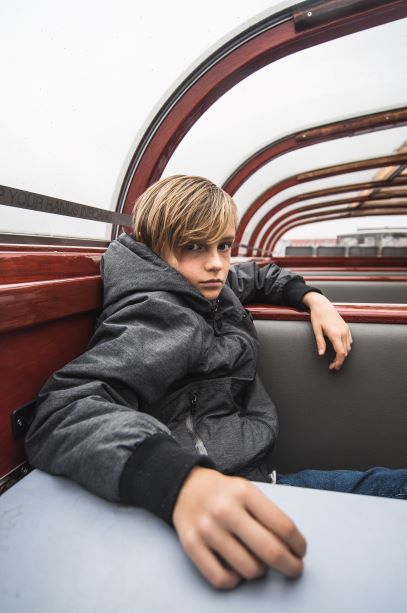Talking To Teenagers: Tips for having those difficult conversations A discussion with Cassie Eads, author of the book My Suicidal Child
Kristina: What have been your biggest lessons learned from having a suicidal child?
Cassie: The unintentional use of language. What I mean is the accidental harm that we cause in our everyday language. I never realized how powerful the way we say things impact our kids.
Kristina: It is a big deal. How we talk to our children affects them in ways that we don’t understand. We have to think back to our childhood and how our parents used to talk to you. Are you repeating the pattern? Sometimes, as parents, we run too much of a dictatorship, and that can be very harmful to our children. It is difficult to let go of control, but watching what we say and how we say things can make a big difference.
Kristina: What are some of the biggest concerns you have with children that you have seen throughout your work?

Talking To Teenagers
Cassie: I work with a wide range of ages, and a couple of big things that a lot of kids say is that they are wary of speaking up or share their thoughts with adults because they don’t want to be punished or look disrespectful. When I found this out, I started to ask more questions. I discovered that parents often unintentionally shut kids down and try to control the conversation. Adults don’t listen. Instead, we intervene with our perspective. The kids never feel validated for what they think.
Kristina: That sounds like the unconscious dictatorship I spoke of earlier. As parents, we think, “I have been through that, I know better, and I want to help,” but this leads us to unconsciously talking over our children. What this ends up doing is making our kids feel like they are not being heard, belittled, and my parents are not hearing me at all. My suggestion to parents is to use “I” language. For those not familiar with “I” language, it merely means you will start your sentence with the word “I.” For example, I feel upset, or that makes me feel sad.
Kristina: How else can kids get their voice heard, so their parents will listen?
Cassie: Well, parents need to start with being ok with what the kids feel and what the kids say. Sometimes, it skinks to hear your child tell you that they feel worthless or belittled or the way that YOU act. Parents automatically get defensive, but parents instead need to learn how to pause and consider the truth in what their child is saying.
Kristina: I encourage parents to take the time to build trust with their kids also. How do we do that? Well, all parents tell their kids that they can talk to them and tell them anything, but your child will NOT come to you if they think you will punish them or overreact. This means we need to practice staying calm and NOT react crazy when we hear something we don’t like to come out of our child’s mouth. We need to practice holding our tongue, taking a deep breath, and truly listening to our child without the “crazy” reaction. Even if the stuff you hear is going to stab you in the heart, you need to be a safe place for your child and that person they can confide in.
Cassie: And if I can add to that, we need to validate their feelings. Even though it hurts us, it is ok. It might hurt to listen, but shutting down your child may have worse consequences than your hurt feelings. I also want to warn parents that they need to be open to hearing ANYTHING. The content your child will come to you with may surprise you! They are exposed to more than you realize, and their exposure has some real adult issues sometimes.
Kristina: I will add that we also have to be ready to hear that we might be to blame too. We have to be prepared to hear that we have hurt them, and we have a part in their sadness. We can’t get defensive. We must authentically listen to them, their point of view, and ask questions! Ask lots of questions and get to the root of their feelings. Lastly, we must take ownership of what we have unintentionally done to hurt our child. Don’t be afraid to apologize to your child! Apologies from parents are powerful and very meaningful for the child.

Talking To Teenagers
Cassie: I was the parent that always had to have it together. I had to let go of that mindset! My children have grown more, and we have created closer relationships when I put aside the ‘perfect mom’ persona and showed them I was human too. When we navigate our emotions together now, it has brought us closer.
Kristina: Thank you, Cassie, for coming on to The Impactful Parent today and giving us some great tips for talking to teenagers! Your experience and knowledge are very valuable to my audience! If you want to support Cassie and her mission to help parents, you can find her at http://listenwithintowin.com
If your child is struggling with anxiety and needs help, please download my FREE printable called: 20 Ways To Cope With Anxiety and Big Emotions. Go to https://theimpactfulparent.com/20waystocope

